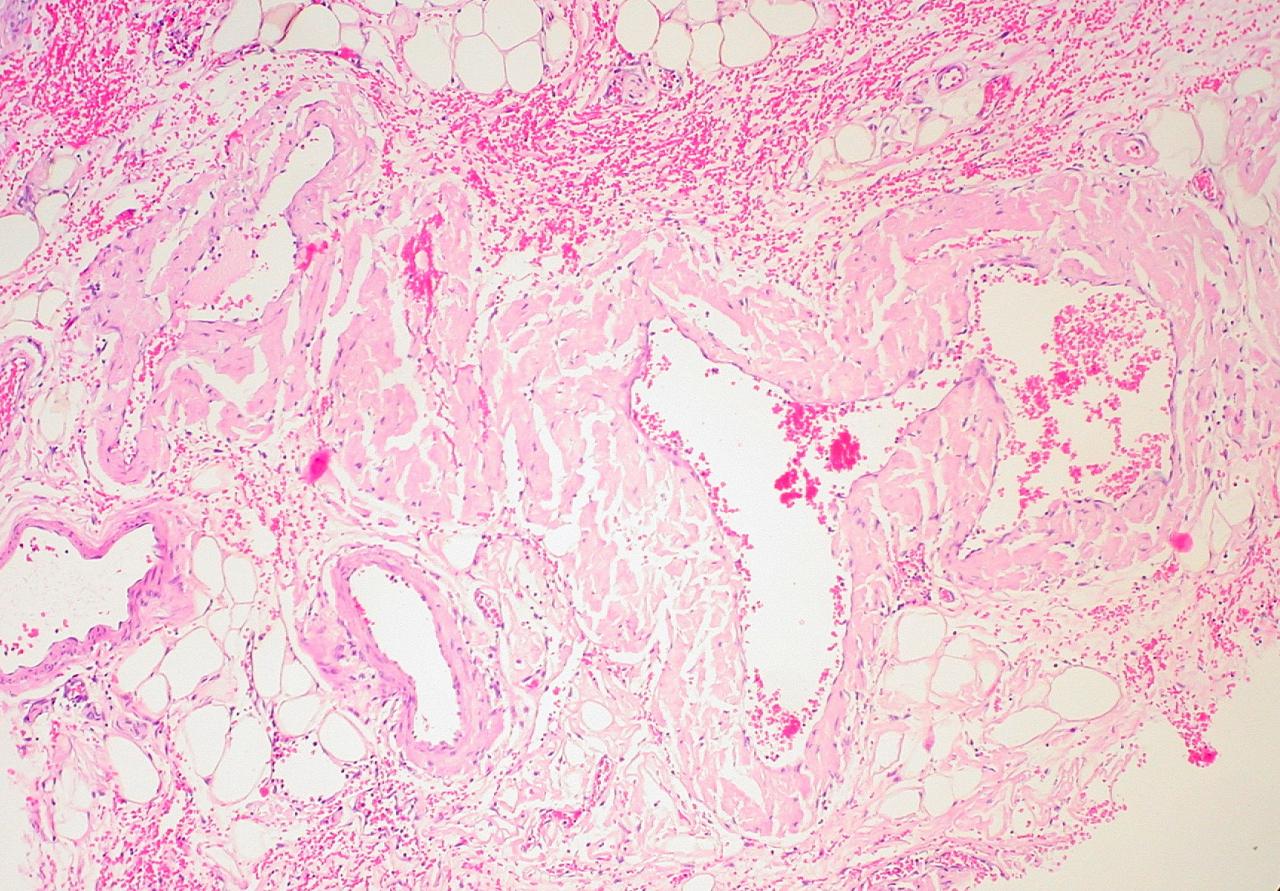It can be tricky to diagnose dementia in its early stages, because the signs and symptoms are subtle and may not be noticed by non-family members initially. Often the person with dementia doesn’t recognize what is happening either, or she knows something is wrong and tries to hide it out of fear or shame.
There are many diseases that cause dementia, but the most well known and most common is Alzheimer’s disease. Dementia from any cause has similar general symptoms. According to the National Institute of Aging, some signs of mild Alzheimer’s are:
• Getting lost
• Trouble handling money and paying bills
• Repeating questions
• Taking longer than before to complete normal daily tasks
• Poor judgment
• Losing things or misplacing them in odd places
• Mood and personality changes
Most people have changes in memory and cognition or the functioning of the brain as they age. But with dementia, it is more than just forgetting where your keys are or taking a little longer to learn new information. Dementia usually affects reasoning abilities as well, and causes changes in personality or new socially inappropriate behavior. Dementia can also cause the loss of language abilities.
There are things you can do to help prevent some types of dementia. To lower your risk:
• Drink only in moderation
• Eat a healthy diet low in fat and cholesterol
• Monitor your blood pressure
• Seek treatment for depression
• Carefully manage diabetes
• Do not smoke
• Have your blood tested for high estrogen and homocysteine
Alzheimer’s is most often diagnosed in people over 60 years old, although there is a rare genetic form called early onset Alzheimer’s that sometimes affects people in their 40s or 50s. The other main causes of progressive dementia are:
• Frontotemporal dementia – this category includes Pick’s disease and is characterized by socially inappropriate behavior, language difficulty, and problems with thinking and concentration.
• Lewy Body dementia – causes similar symptoms to Alzheimer’s along with Parkinson’s-like symptoms of rigidity and tremors, and sleep disturbances that can result in acting out dreams or thrashing about during sleep.
• Vascular dementia – is related to blood flow problems or issues with your brain and heart arteries. It can also be caused by a heart infection called endocarditis. Vascular dementia often appears suddenly after a stroke or heart attack.
The thought of dementia can be scary, but there are things you can do to lower your risk. Talk to your health care provider about your family history and find out what changes you can make to reduce your odds of developing dementia.
Sources:
MayoClinic.com, Dementia
http://www.mayoclinic.com/health/dementia/DS01131/METHOD=print
National Institute on Aging, Alzheimer’s Symptoms
http://www.nia.nih.gov/Alzheimers/AlzheimersInformation/Symptoms/
National Institute of Neurological Diseases and Stroke, Alzheimer’s Disease Information Page
http://www.ninds.nih.gov/disorders/alzheimersdisease/alzheimersdisease.htm






Add a Comment2 Comments
My mother has vascular (stroke-related) dementia. She had her stroke in 2006. The dementia seemed to plateau for a while, but now, she has lost more and more of herself, both past and present. A very good resource for people who have a loved with living with this is the book "The 36 Hour Day." We were extremely lucky that she lived in a retirement community with progressive care. The Memory Unit there is awesome! Thanks for this article! J. Barber
June 3, 2010 - 5:17pmThis Comment
Thanks for the book recommendation. I'm sure that will help a lot of people.
June 3, 2010 - 5:53pmThis Comment